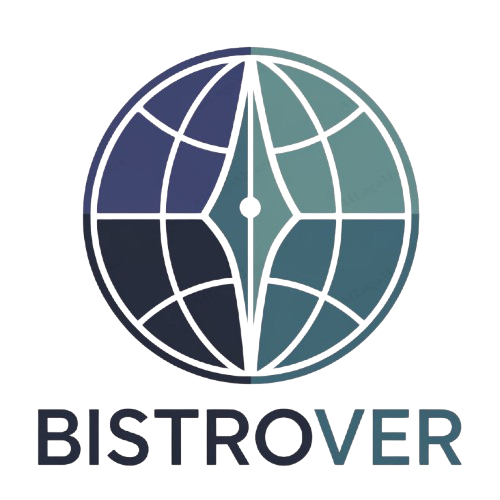How Business Owners Can Protect Their Legacy Through Estate Planning
As a business owner, your hard work builds a legacy. Protecting it is crucial. You face challenges every day, but some are more enduring. Estate planning secures your achievements for the next generation. This involves more than just writing a will. It’s a strategic act, ensuring your assets pass smoothly to your loved ones. You must consider taxes, ownership transfers, and potential legal hurdles that might arise. An estate planning lawyer can guide you through these complexities. By addressing these elements, you preserve what you’ve worked hard to build. Your business does not have to suffer disruption when you’re no longer at the helm. You can ensure your family’s well-being and provide stability for those who depend on you. You have control over your legacy. Taking action now can save heartache later. Protect your achievements today and enjoy peace of mind knowing your legacy is secure.
Understanding Estate Planning Basics
Estate planning involves preparing tasks to manage your asset base in the event of your incapacitation or death. The process includes bequeathing assets to heirs and settling estate taxes. You make decisions about who gets what and when. This planning also addresses how to handle responsibilities while you’re alive. For business owners, this planning is essential. A solid plan offers security and reduces potential disputes.
Key Components of Estate Planning
- Wills and Trusts: These documents specify asset distribution.
- Power of Attorney: This assigns someone to make decisions on your behalf if you cannot.
- Health Care Directives: These declare your health care preferences if you’re unable to do so.
Each component plays an important role in a complete estate plan. A detailed understanding of estate and gift taxes can help minimize tax burdens.
Why Business Owners Need Estate Planning
As a business owner, you have unique needs. Your business is an asset like no other. Proper planning ensures your business continues to thrive. It provides clear instructions on succession and avoids liquidation. Without a plan, you risk losing control over the business transition process. Employees and clients rely on the continuity of your business. Estate planning mitigates potential disruptions.
Comparison Table: Wills vs. Trusts
| Feature | Will | Trust |
|---|---|---|
| Management | Managed after death | Managed during life and after death |
| Probate | Requires probate | Avoids probate |
| Privacy | Public record | Private |
This table highlights key differences between wills and trusts. Each has its benefits and limitations. Consulting an expert can help you decide which fits your situation best.
Steps to Implementing a Robust Estate Plan
Begin with a comprehensive assessment. Evaluate your assets and determine your goals. These goals might include preserving family wealth, minimizing taxes, or ensuring business continuity. Next, engage an estate planning lawyer. They provide insights into legal requirements and tax implications. Draft necessary documents such as wills, trusts, and powers of attorney. Regularly review and update your plan as circumstances change.
Common Mistakes to Avoid
- Not updating your plan. Changes in family dynamics or the law might require adjustments.
- Ignoring tax implications. Failure to address taxes can lead to significant financial burdens.
- Overlooking digital assets. Include online accounts and digital files in your estate plan.
You want to avoid these pitfalls to protect your legacy. Planning ahead ensures your wishes are carried out as intended.
Conclusion
Estate planning is more than a legal obligation. It’s a personal commitment to your family and business. You secure your legacy and provide peace of mind for your loved ones. The decisions you make today shape the future of your business and family. Evaluate your needs, consult professionals, and take action. Your legacy deserves protection, and you have the power to ensure its longevity and impact.







